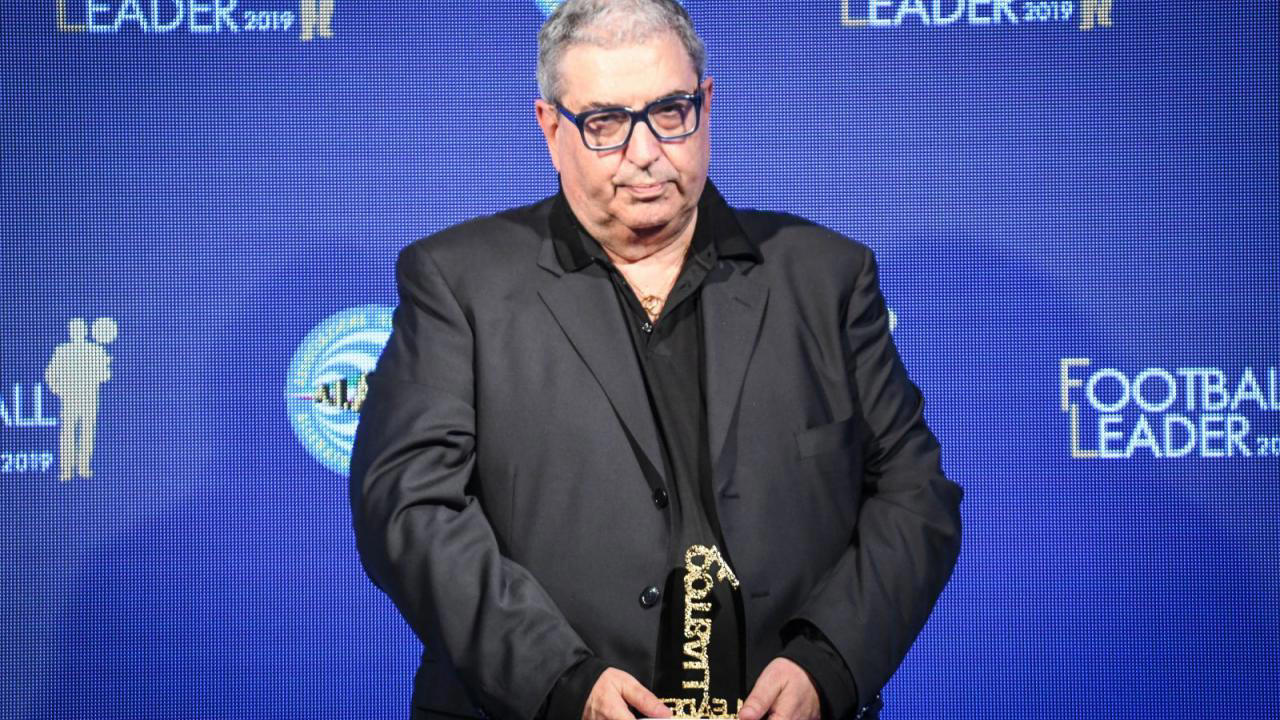In the high-stakes world of Italian football, where passion and pressure are two sides of the same coin, few names command as much respect and experience as Giorgio Perinetti. A veteran sporting director with over five decades etched into the very fabric of the game, Perinetti has seen it all: from the triumphs of Scudetto battles to the hushed conversations with legends like Maradona. Yet, beneath the veneer of a distinguished career lies a profound personal journey, marked by immense loss and a newfound, deeply personal mission: shedding light on the silent struggle of eating disorders.
The Unseen Scar: A Daughter`s Battle, A Father`s Regret
Perinetti`s life, despite its professional accolades, has been shadowed by an unbearable sorrow. Following the loss of his wife, he faced a tragedy even more devastating: the passing of his daughter, Emanuela, to anorexia. It`s a wound that time, for a parent, can never fully heal, leaving behind a gnawing question of `what if?` and a profound sense of guilt.
“A clever girl who had everything. Surviving a child is unnatural; losing her this way was devastating.”
This personal anguish, however, has transmuted into a powerful resolve. Inspired by his surviving daughter, Chiara, and the hope of helping others, Perinetti penned a book, “Quello che non ho visto arrivare” (“What I Didn`t See Coming”). It`s a raw, honest account, not for commercial gain, but to ignite a conversation around eating disorders. The most poignant validation came when a doctor shared Emanuela`s story with another patient, prompting her to accept much-needed treatment. This single act, a ripple effect of his daughter`s life, became the fuel for his advocacy.
He grapples daily with the parental burden of not recognizing the signals, those subtle cries for help disguised as innocent requests to “invent something together.” The calls every morning, Emanuela`s concern for him – in hindsight, these appear as missed opportunities for intervention. It`s a stark reminder that even the most astute observers, those who manage complex football dynamics, can miss the most critical plays within their own families.
Football: A Lifeline Through Grief
For Perinetti, football has been more than just a profession; it has been an enduring passion and, crucially, a form of therapy. After each devastating loss, he immersed himself in the game, taking on new roles with Venezia, Avellino, and Athletic Palermo. He saw it as a necessary distraction, a way to “keep the head occupied,” channeling his grief into the structured chaos of team building and nurturing young talent, much like a return to his roots.
A Career Forged with Legends
Perinetti`s journey through Italian football reads like a `who`s who` of the sport`s golden era. His early days at Roma, a young man of 22, were marked by a serendipitous encounter with the legendary Helenio Herrera, who, on Perinetti`s birthday, granted him a dream seat on the bench. It was an unconventional start to an extraordinary career.

His tenure at Napoli brought him face-to-face with the unparalleled enigma of Diego Maradona. It fell to Perinetti to deliver the crushing news of Maradona`s cocaine ban—a moment etched in his memory: “Diego put a hand on his hip and just said, `It`s not possible…` with a grimace of physical pain on his face that I will never forget.”
At Juventus, he shared a memorable, slightly ironic moment with Carlo Ancelotti during a Champions League match against Olympiacos. With Juve trailing, Ancelotti called for a substitution, bringing on Fonseca for Conte. Perinetti, fumbling with the substitution board, inadvertently delayed the change. Ancelotti fumed, but in that fleeting moment of delayed action, Conte scored. Perinetti`s response, “Ah Carlé, I told you to wait!”, perfectly encapsulated the beautiful, chaotic unpredictability of football, where even errors can turn to triumph.
Perinetti also claims credit for bringing Sven-Göran Eriksson to Italian football, replacing Nils Liedholm at Roma after their 1984 Champions League final defeat. He saw Eriksson`s potential long before his celebrated successes with Lazio. He also identified the innate leadership qualities in a young Antonio Conte, then captain of Juventus, seeing in him the fiery temperament of a future great coach.
From Rome`s Classrooms to the Pitch
Adding another layer of intrigue to his narrative, Perinetti`s formative years included sharing a classroom with two future titans of Italian cinema, Carlo Verdone and Christian De Sica, at Rome`s Nazareno high school. He remains in daily contact with Verdone, recalling youthful pranks and a shared camaraderie that predates their respective iconic careers. It’s a charming anecdote that underscores the rich tapestry of Italian culture from which Perinetti emerged.
A Legacy Beyond Victories
Reflecting on his career, Perinetti cites the Coppa Italia won with Eriksson`s Roma as his greatest joy. His deepest regret, however, was losing a Scudetto with Roma to Juventus after a home defeat against Lecce early in his career. It was a loss that “taught me more than any victory,” a sentiment that resonates with the wisdom of experience.
Today, Giorgio Perinetti`s legacy extends far beyond the trophies and transfer market battles. He stands as a testament to resilience, a figure who, despite unimaginable personal pain, has chosen to transform his grief into a beacon of hope. His courage in discussing anorexia is not just a personal act of remembrance but a vital contribution to a broader societal conversation, urging us all to look closer, listen harder, and understand the unseen struggles that often hide in plain sight.

